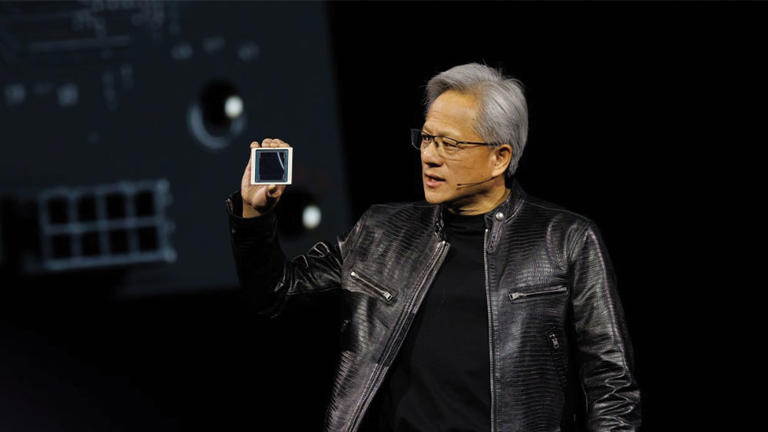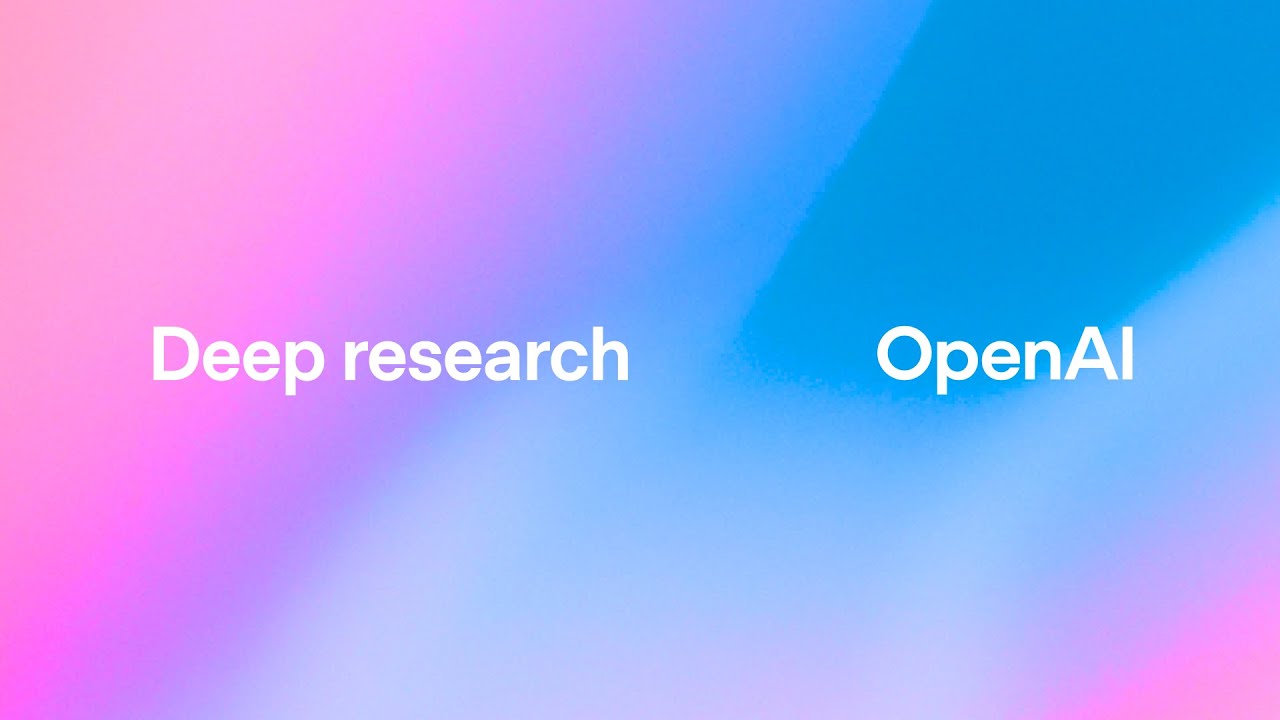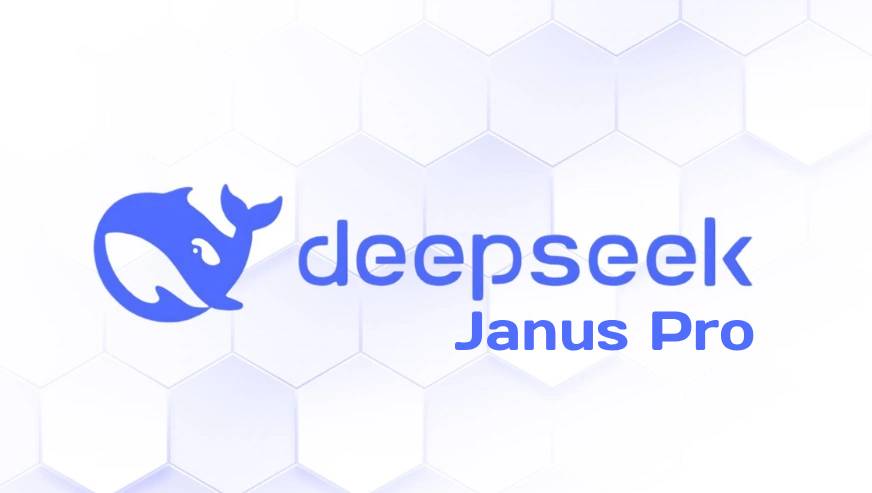A potential setback in the production of Nvidia’s highly anticipated Blackwell AI chip series has sent ripples through the tech industry, with major players like Microsoft, Google, and Meta potentially facing the consequences.
The Information, a respected technology publication, reported that design flaws could push back the launch of these cutting-edge chips by three months or more.
Nvidia unveiled the Blackwell chip series in March, positioning it as the successor to their flagship Grace Hopper Superchip. The new chips were designed to accelerate generative AI applications, a field that has seen explosive growth and investment in recent months. Tech giants have collectively ordered tens of billions of dollars worth of these chips, underscoring their critical importance in the AI arms race.
According to sources familiar with Nvidia’s hardware production, the company informed Microsoft and another major cloud service provider this week about delays in manufacturing its most advanced Blackwell series chip.
This news comes at a time when demand for Nvidia’s current Hopper chips remains robust, highlighting the insatiable appetite for AI processing power in the tech industry.
Nvidia has responded to the report, stating that Hopper demand continues to be strong and that Blackwell sampling has begun, with production still on track to ramp up in the second half of the year.
The implications of this delay could be far-reaching. Microsoft, Google, and Meta have been at the forefront of AI development, with each company pouring significant resources into creating and improving AI models and applications.
A delay in receiving the latest AI chips could potentially slow down their research and development efforts, affecting the rollout of new AI-powered features and services.
As the AI race intensifies, any disruption in the supply of critical components like Nvidia’s chips could alter the competitive landscape. Companies may need to reassess their AI strategies and potentially explore alternative solutions or partnerships to maintain their momentum in this rapidly evolving field.
While Microsoft has declined to comment further on the matter, and responses from Google and Meta are pending, industry observers will be closely watching for any official statements or changes in AI development roadmaps from these tech giants.









